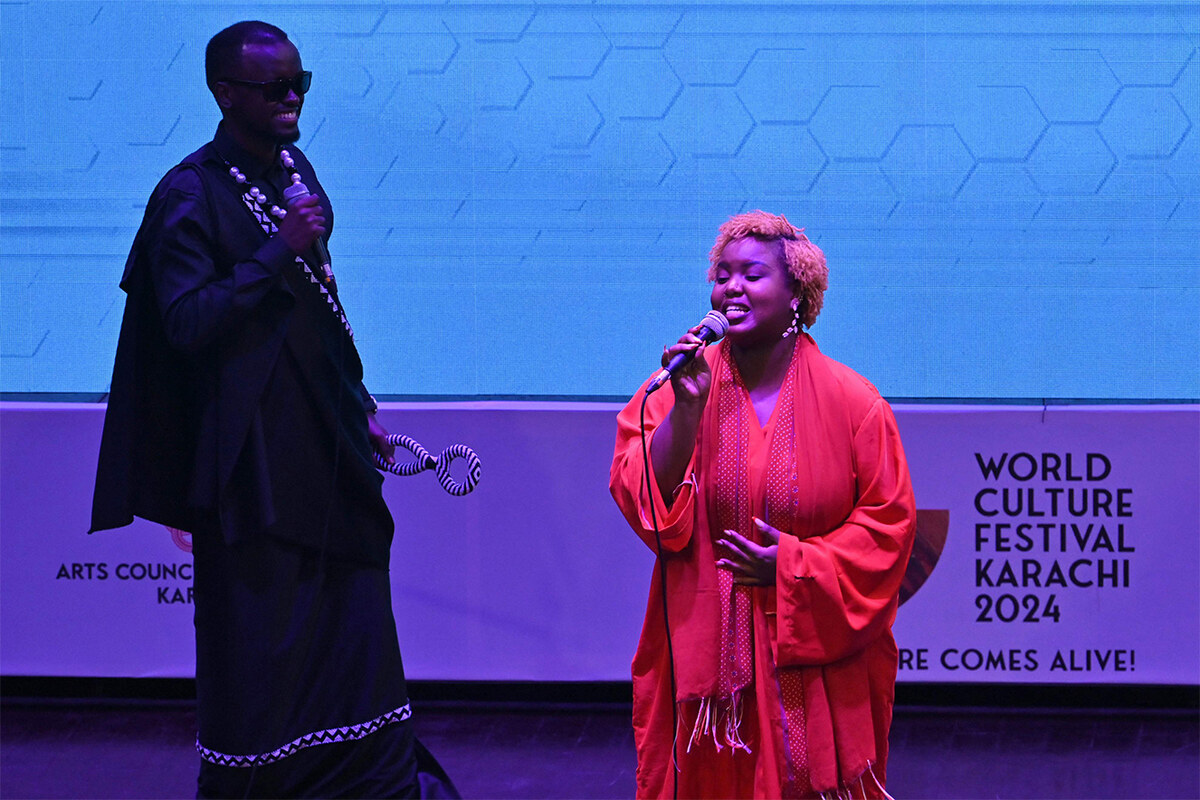ISLAMABAD: The Pakistan Tehreek-e-Insaf (PTI) opposition party on Thursday moved the top court against a new ordinance passed by the coalition government of Prime Minister Shehbaz Sharif, and which is widely seen as a tool to curtail the powers of the country’s senior judiciary.
The Supreme Court (Practice and Procedure) Act 2023 was passed in the last days of Sharif’s first term in government, which ended last year. However, before the law could be enacted on April 21, 2023, an eight-member bench constituted by then Chief Justice Umar Ata Bandial issued a stay order on it on April 13, 2023.
Last Friday, however, President Asif Ali Zardari signed the Supreme Court (Practice and Procedure) Amendment Ordinance 2024 into law.
PTI Chairman Gohar Khan on Thursday filed a petition against the ordinance, requesting that it be declared “unconstitutional” and all decisions of the Practice and Procedure Committee, which assigns judges to Supreme Court cases, taken after the approval of the ordinance be declared “illegal” and “annulled.”
The plea calls on the court to suspend the newly constituted Practice and Procedure Committee as long as the constitutional petition was pending.
“Further, the committee purportedly re-constituted pursuant to the Impugned Ordinance may kindly be restrained from constituting benches and fixing any cases before them and the lawfully constituted Committee under Supreme Court (Practice and Procedure) Act, 2023 consisting of the Chief Justice of Pakistan and the two next senior most judges may be allowed to continue functioning,” the plea said.
The new ordinance reads:
“Every cause, appeal, or matter before the Supreme Court shall be heard and disposed of by a Bench comprising the Chief Justice of Pakistan, the next most senior judge of the Supreme Court and a Judge of the Supreme Court nominated by the Chief Justice of Pakistan from time to time.”
One provision, which is widely seen as limiting the power of Supreme Court judges to initiate cases of public importance or fundamental laws on their own through suo moto proceedings, said a bench hearing a matter under Article 184(3) of the constitution would decide and identify through a “reasoned and speaking order” the question of public importance in the case and what fundamental right it was seeking to enforce.
Article 184 of the constitution confers original jurisdiction, the authority to hear a case at its initiation, often referred to as Public Interest Litigation, in the form of judicial review to Pakistan’s Supreme Court. Clause (3) of Article 184 is cited as the source of suo motu powers. In essence, it gives the apex court the extraordinary power to assume jurisdiction over any “question of public importance with reference to the enforcement of any fundamental right”.
Under the new law, each case would be heard in turn, that is the cases filed first will be heard first, and a reason furnished for taking up cases out of turn. All hearings will be recorded and transcripts publicly available.
The PTI petition says the ordinance violates the principles of separation of powers and the independence of the judiciary.
“Therefore, it is liable to be struck down,” it said.
“The rights of access to justice and fair trial also require a judiciary that is separate and independent of the Executive. The Impugned Ordinance is a direct attempt to interfere, alter, and control the inner working of the Supreme Court and is thus unconstitutional and liable to be struck down.”
The plea stated that if the ordinance was upheld or accepted as valid law, it would amount to accepting that whenever the government was particularly interested in a case fixed before the SC, it would have the power to alter and amend how and when the case was fixed and before whom through the exercise of its temporary or permanent legislative power.
“This is a gross violation of the independence of judiciary, and guarantee of fair trial, and is clearly unconstitutional,” the PTI plea says.
























